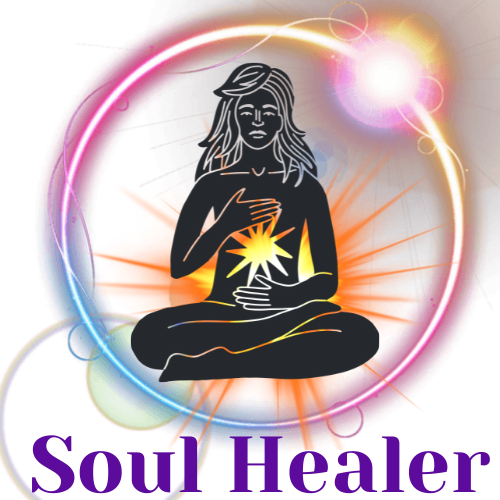
00353868664508
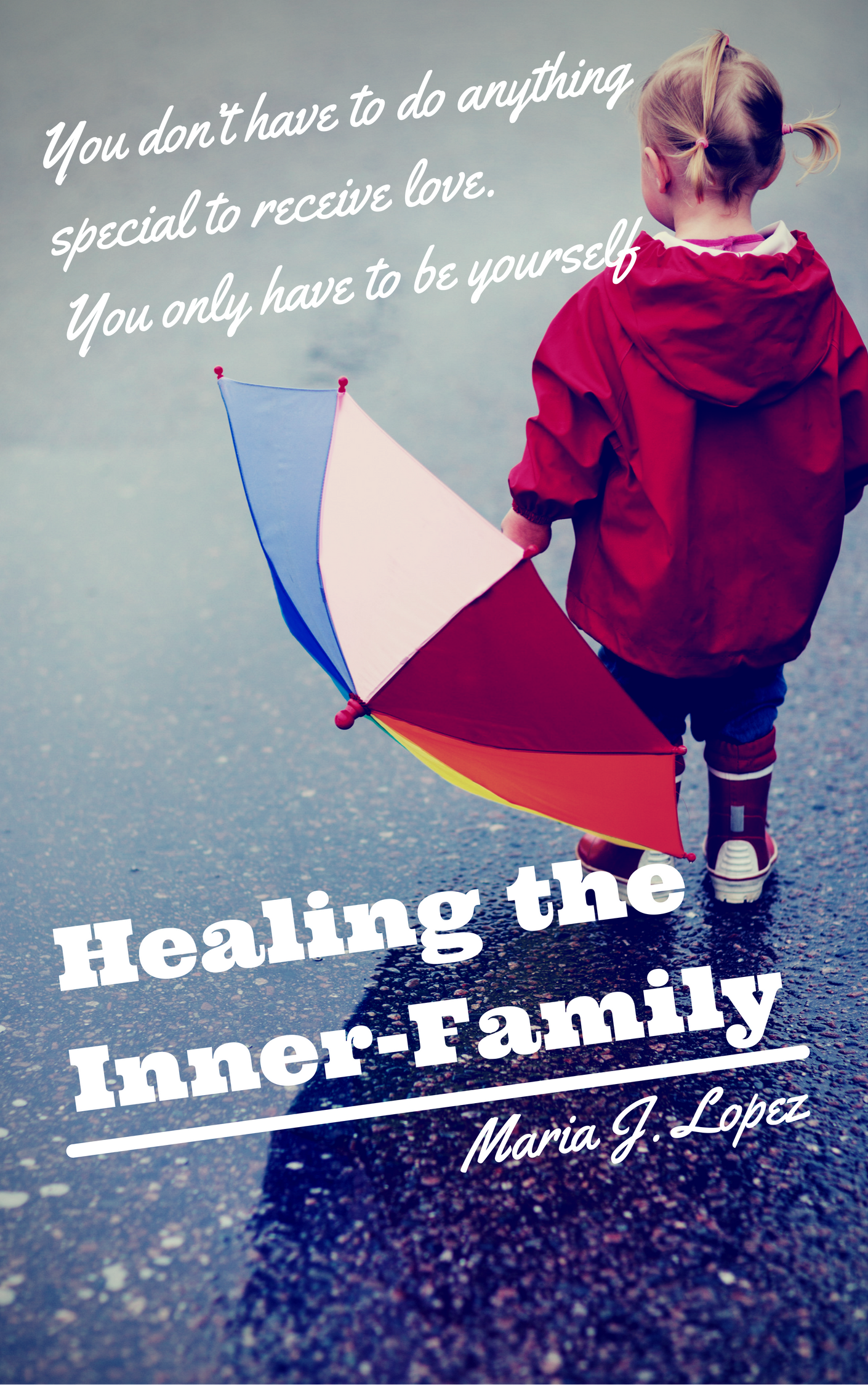
Healing the Inner-Family
The one thing we all have in common, we have a mother and a father. Ultimately, the relationship we have with them, from the moment of conception, will have an important influence in the person we become, and in our perception of the world around us. We will focus here on exploring the unhealthy or wounded interactions with our parents, how this can block you from being your true self and can deprive you from the energy and opportunities to fulfil your highest potential. Working on the relational triangle of Mother-Father-Child as a way to find Inner-Freedom and Fulfilment can heal these core wounds. We will cover the internalized mother and father voices. However, It’s not so much about ‘changing’ or ‘’blaming’ your parents for what has gone wrong in your life but about bringing into awareness their wounds that have become your wounds. Only then you can find your true self and live in freedom.
€12
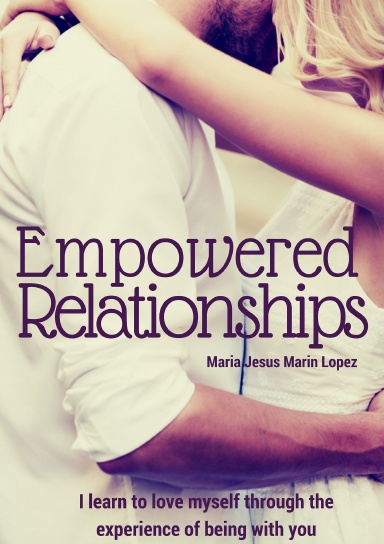
Empowered Relationships
“Every relationship with other people is a mirror of the one we have with ourselves." Every one of us wants to have a happy harmonious long lasting relationship. What prevents this are our unconscious patterns. We act these out in our romantic relationships more so than in any other form. From the beginning of our life the way we interact creates a set of limiting unconscious patterns and beliefs. These can be simplified into 4 main “wounds”: Abandonment - Fear - Control - Separation When we explore these 4 wounds we can instead connect with: - True source of love - Truth - Freedom - Union. When the 4 wounds have been resolved fully we can truly embrace our whole self. Every issue in a relationship comes back to this – it’s as simple and as difficult as that. When we do not accept its simplicity, because we are conditioned away from these truths, we create conflicts in our relationships.
€12
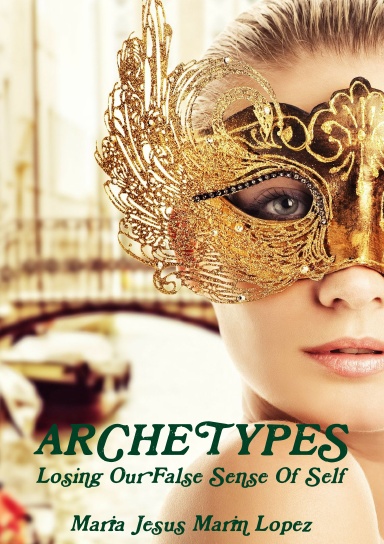
Archetypes
In this Book we will explore the 4 main archetypes (Child, Saboteur, Victim and Prostitute). These are the greatest challenges to our soul; this is how we gain self esteem. You will never fulfil your soul contract unless you learn and deal with these four.
• Fear to break the safety net.
• Every archetype has a shadow (fear base, unknown) and a light side.
• When our survival is threatened we go into these four archetypes.
• If you sell your soul for safety, guidance cannot flow.
€12
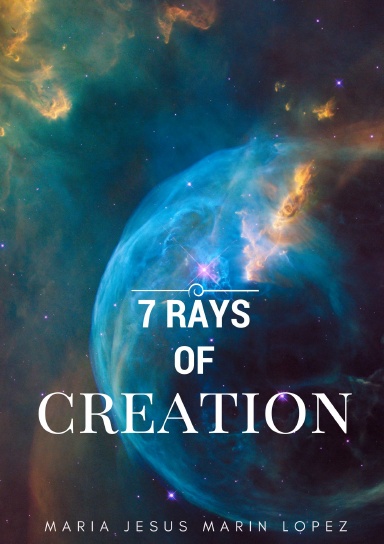
7 Rays of Creation
My understanding of Oneness is not that everyone believes in the same thing but that we accept each other’s spiritual beliefs and ways of life. We might all gather in the same places and experience similar things, but our ideas of spirituality still might not be the same. Everybody has a different experience of God, and you can have spiritual experiences whether or not you believe in anything. What matters more than our belief systems is how we live our lives and that we are respectful of each other. Even people who call themselves atheists can live good lives with honest values and respect for others. So for me, Oneness is about accepting our differences. Only when we accept our differences are we truly connected, and in a similar way, as individuals, we can only be in the energy of Oneness when we accept absolutely everything about ourselves.
€12
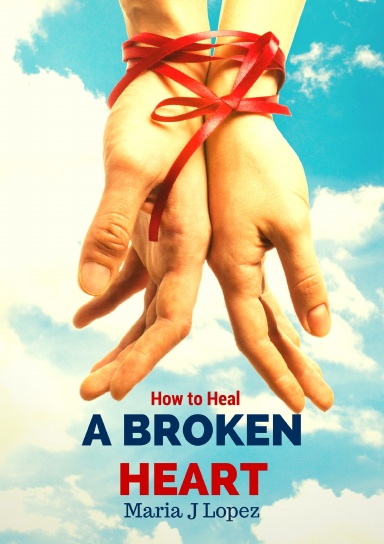
How to Heal a Broken Heart
To be able to heal a broken heart, you need to be an empowered individual. That means being in complete acceptance of who you are. If you find that you attract conflict or discord at home, at work, with your friends or even with innocent salespeople in stores, it’s time to look at your relationship with yourself. There are always valid reasons for building defences, but when you can become aware of your triggers and make peace with past wounds that no longer serve you, you can thrive and evolve into an empowered, compassionate, peaceful individual – the best version of yourself. Former students of mine have found that as their lives opened up, they steadily experienced a degree of freedom, self-trust, love and compassion they never knew was possible. Ultimately, this heart opening changes your relationships for the better. As you become more conscious, you will notice new relationship patterns emerging while old patterns disappear. That creates a ripple effect that leads to fulfilled relationships.
€12
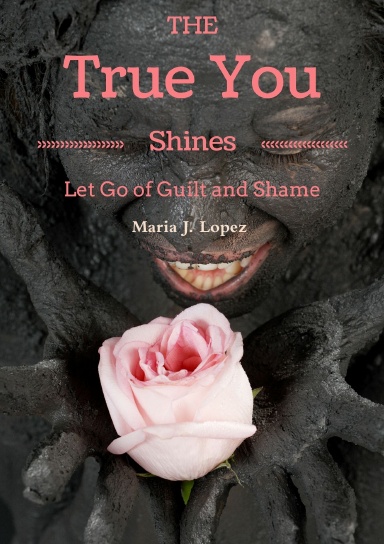
The True You Shines
Guilt is about doing or not doing something. It’s about action: ‘I stole an apple, so I feel guilty because the action was wrong. I’ve wrongfully taken something from somebody else.’ That’s guilt. Guilt can become shame when you internalise it. Instead of simply relating it to an action, you might say: ‘I’m a thief. I’m a bad person. I don’t deserve to ever eat again because I’ve taken food from others.’ Shame moves beyond simple action to identification. It’s about who you feel you are: ‘I’m wrong. I’m a bad person. I’m not good enough.’ Or maybe you feel you need to visit your sick aunt, but then you don’t go, and she passes away. You feel guilty because you didn’t do it, but It becomes shame when you go beyond the action and identify with it: ‘I’m a careless person. I’m selfish.’ That’s the difference. And that’s also why guilt and shame are sometimes confused or linked together.